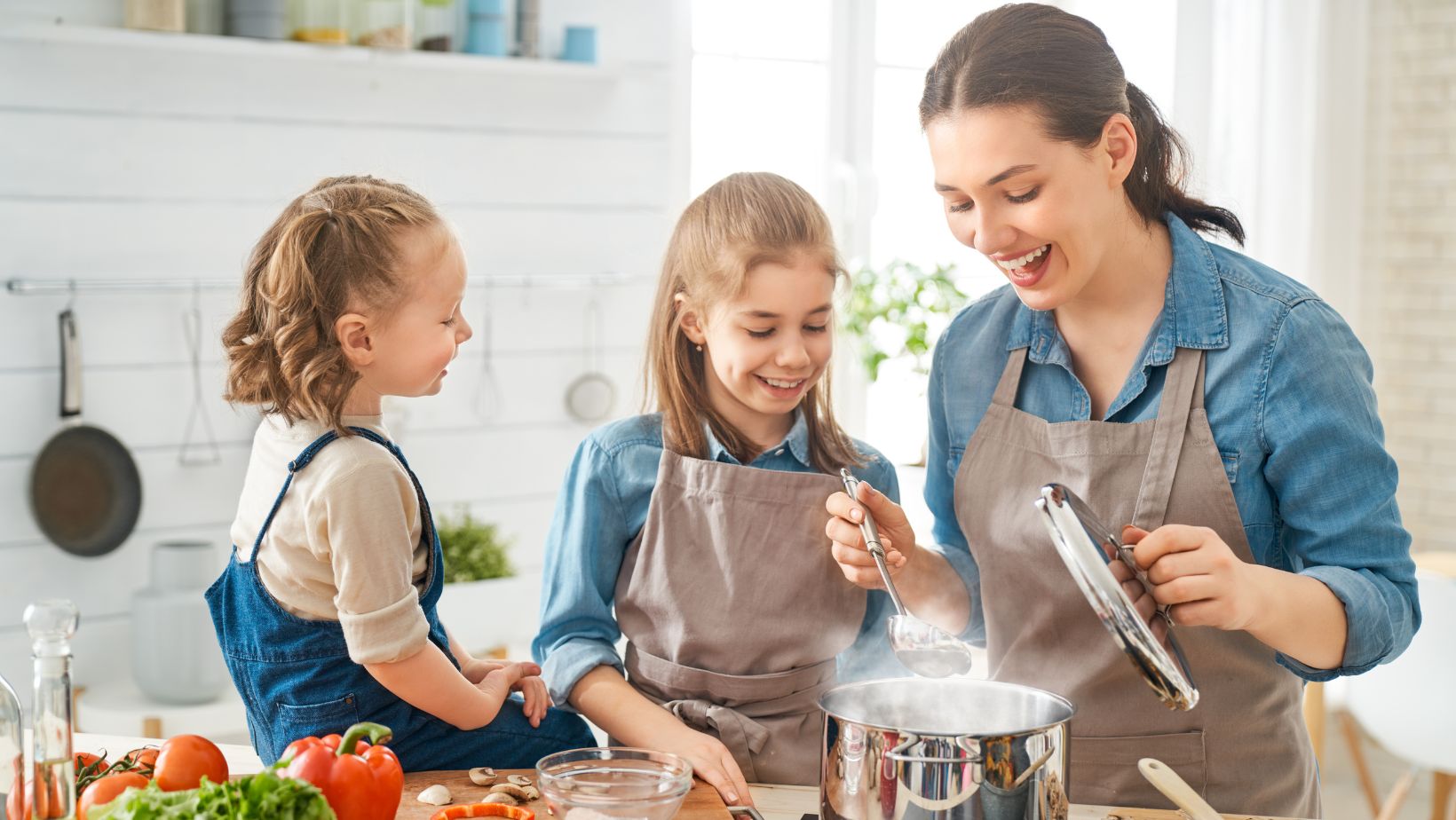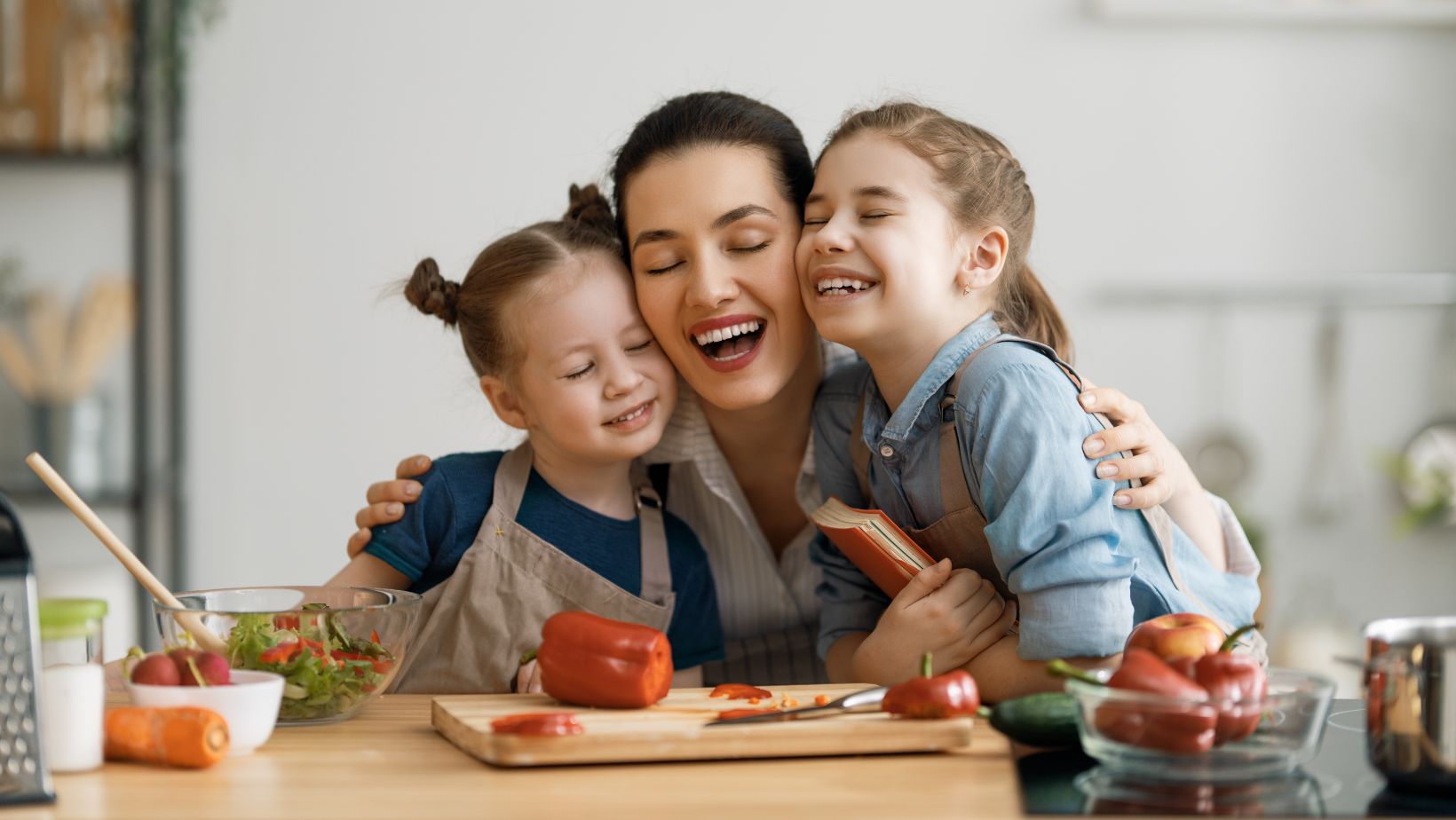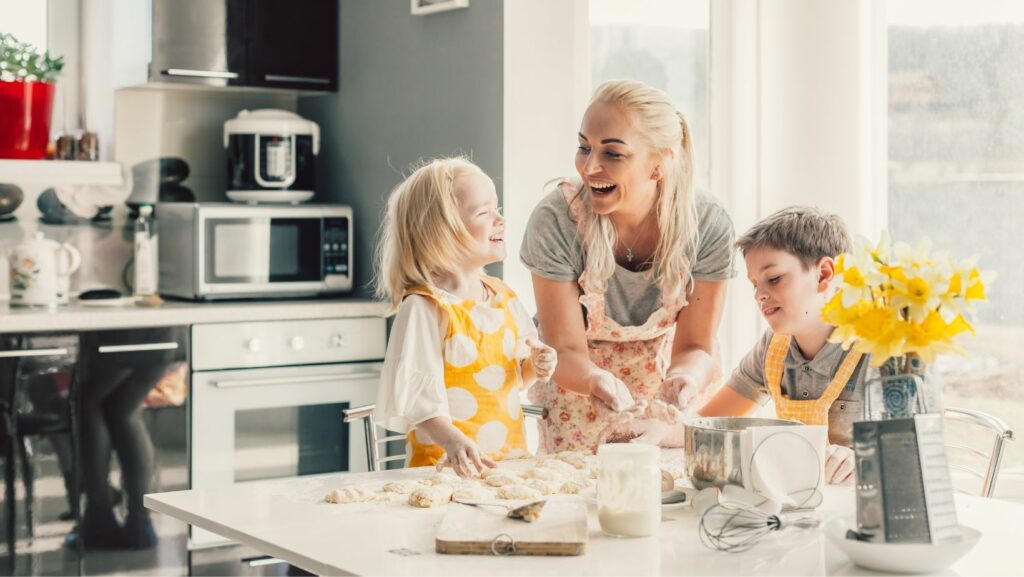Cooking with kids is more than just a fun activity; it’s an opportunity to teach them valuable life skills, introduce them to new concepts, and foster creativity. Engaging children in the kitchen can turn everyday tasks into memorable educational adventures. Whether it’s measuring ingredients, understanding nutritional value, or exploring cultural cuisines, cooking can be an enriching experience for children of all ages.
Measuring and Math Skills
One of the most straightforward educational aspects of cooking is the use of math. Measuring ingredients, whether it’s in cups, teaspoons, or grams, helps children understand volumes and quantities. They practice addition, subtraction, multiplication, and even fractions. For example, doubling a recipe provides a practical lesson in multiplication, while halving a recipe introduces division and fractions. Cooking thus transforms abstract math concepts into tangible and practical applications.
Science in the Kitchen
The kitchen is a mini science lab where kids can observe scientific principles in action. Watching yeast rise in dough, eggs change consistency when cooked, or the emulsification process in making mayonnaise can spark curiosity about biological and chemical reactions. This hands-on approach makes science accessible and engaging. Discussing why certain ingredients react the way they do or why specific temperatures are required for different cooking processes can turn a simple recipe into an exciting science experiment.
Nutritional Education
Cooking is an excellent way to teach kids about nutrition and healthy eating habits. Involving them in meal preparation gives you the chance to discuss the food pyramid, the benefits of various nutrients, and the importance of a balanced diet.  Kids are more likely to try new foods if they’ve had a hand in preparing them. This experience can foster healthier eating habits and an appreciation for wholesome food.
Kids are more likely to try new foods if they’ve had a hand in preparing them. This experience can foster healthier eating habits and an appreciation for wholesome food.
Cultural Awareness
Food is a fundamental part of cultural identity, and cooking dishes from around the world can introduce kids to different cultures and traditions. Preparing international recipes provides a gateway to discuss geography, history, and cultural practices. This not only broadens their culinary palate but also promotes inclusivity and a better understanding of the world’s diversity. Exploring foods from different cultures helps children appreciate and respect the uniqueness of various traditions. The eat2explore cooking kit is a fantastic tool for this purpose. Each explorer box is filled with authentic recipes and collectibles that offer a cultural education through food exploration.
Language and Literacy Skills
Reading recipes together can enhance children’s reading and comprehension skills. Following a recipe involves understanding sequential steps, which improves their ability to follow instructions. It also introduces new vocabulary, from the names of ingredients to cooking techniques. Writing grocery lists or keeping a cooking journal can further develop their writing skills. This integration of literacy into cooking makes learning seamless and enjoyable.
Building Confidence and Independence
Cooking instills a sense of achievement and boosts confidence. Completing a dish successfully gives kids a sense of accomplishment and encourages independence. Assigning age-appropriate tasks, from washing vegetables to stirring pots, helps children develop fine motor skills and learn responsibility.  As they become more skilled, they can take on more complex tasks, which fosters a sense of growth and competence.
As they become more skilled, they can take on more complex tasks, which fosters a sense of growth and competence.
Encouraging Creativity
The kitchen is a fantastic place for kids to express their creativity. They can experiment with flavors, invent new recipes, and learn about food presentation. Encouraging them to decorate cookies, create their own pizza toppings, or even concoct unique smoothies allows them to think creatively and make choices. This freedom to experiment can enhance their problem-solving skills and boost their confidence in making decisions.
Conclusion
Turning cooking with kids into a fun learning experience is a win-win situation. It not only equips them with essential life skills but also makes learning enjoyable and practical. Through cooking, children can explore math, science, nutrition, culture, literacy, and creativity, all while bonding with family and creating delicious meals. So, next time you’re in the kitchen, invite your kids to join you and embark on an educational culinary adventure together.

